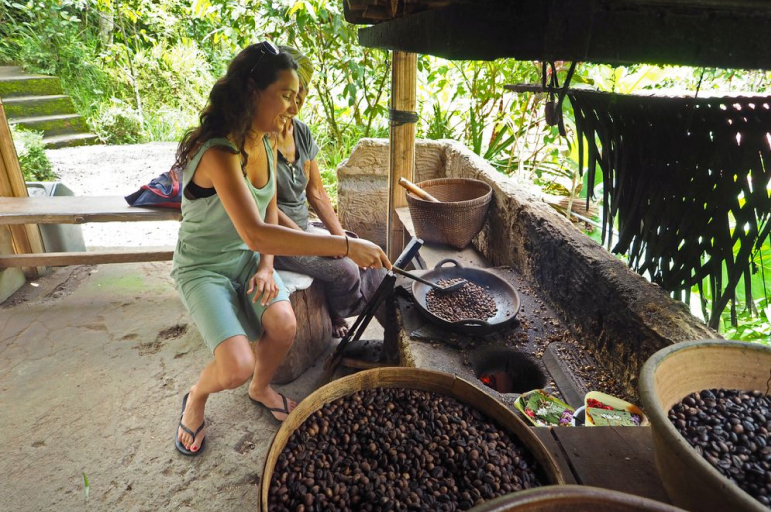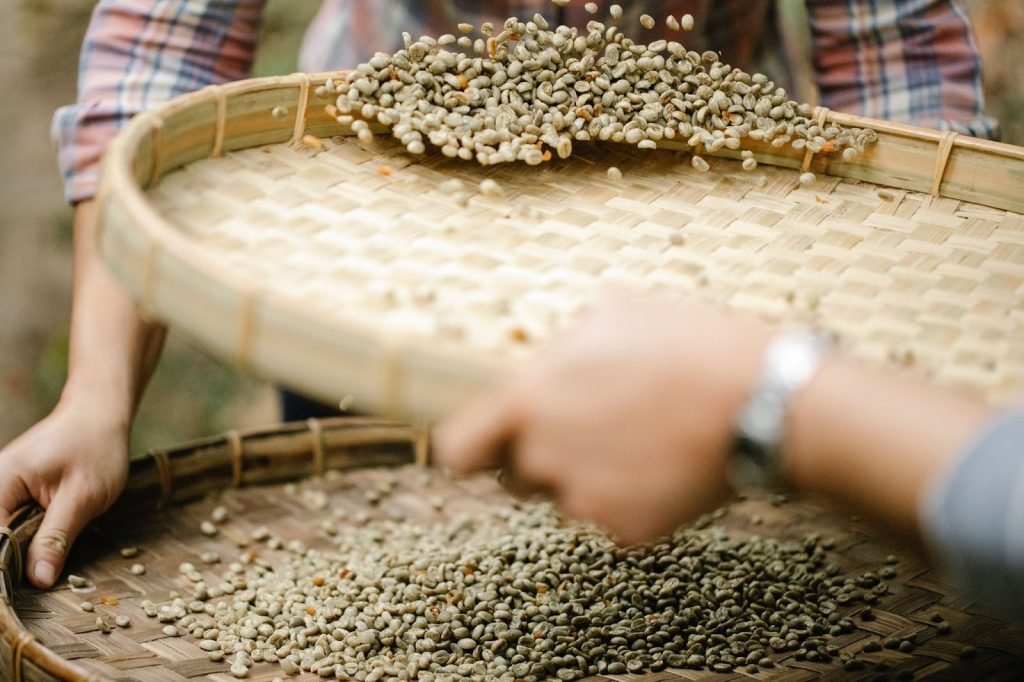Coffee is one of the most popular drinks around the world. In addition to its delicious taste, coffee is also a favorite for people from various parts of the world. Hence, coffee has become the dominant cultivation commodity after food crops, and a raw material for the retail industry that is in demand in the market.
Coffee plants are produced in large quantities, in addition to high market demand, coffee plants also have high commercial value. The Central Statistics Agency (BPS) recorded that the amount of coffee production in Indonesia in 2021 reached 774.60 thousand tons.
However, as awareness of the importance of the environment increases, so does the need to produce organic coffee. Organic coffee is coffee that is grown and processed without the use of synthetic chemicals such as pesticides and chemical fertilizers.
Coffee Plantation Industry Issues
Coffee plantations often result in deforestation or the cutting down of forests to make way for new plantations. This can damage ecosystems and reduce biodiversity.
Based on data from the Directorate of Processing and Marketing of Plantation Products of the Ministry of Agriculture, Indonesia’s coffee production in 2020 reached 753,491 tons from an area of 1.2 million hectares of land. The area of coffee plantations, from year to year since 1960, continues to show an increase, especially in smallholder coffee plantations.
The use of pesticides and chemical fertilizers in coffee plantations can also pollute the water and soil around the plantation. As a result, it can reduce the quality of water, soil and affect the health of humans and animals in the vicinity.
The accumulation of pesticide residues and chemical fertilizers can also lead to damage and sustainability of agricultural land. If contaminated into the food chain, the toxic nature of these chemicals can cause various diseases to living things around the plantation, including the coffee plants themselves.
In addition, there are also many countries that prohibit the use of certain pesticides, and the presence of pesticide compounds on coffee commodities may result in the coffee being rejected for export.
Organic Coffee Cultivation is the Solution
Organic coffee cultivation is certainly more environmentally friendly and can help reduce the negative impact of the use of synthetic chemicals on the environment and human health.
In addition, organic coffee can also improve coffee quality and provide better health benefits for consumers. However, is it true that organic coffee cultivation can be done effectively and efficiently?
To answer this question, we need to take a closer look at how organic coffee cultivation is done. One way to cultivate organic coffee is by using the agroforestry method. This method involves planting coffee alongside other crops, such as fruit trees or hardwoods.
Organic coffee cultivation also prioritizes organic pesticides and fertilizers. Organic fertilizer is one of the important components in organic coffee cultivation. The use of organic fertilizers can improve soil fertility and help the growth of coffee plants. Organic fertilizers that can be used include compost, manure, green manure, and liquid organic fertilizer.
Likewise with pesticides, pest control is carried out using environmentally friendly methods, such as pruning infected twigs and leaves, spraying organic pesticides, and keeping the surrounding environment clean. However, this method does take a lot of time and energy.
Government Efforts to Support Organic Farming
In support of a holistic production management system to improve and develop agroecosystem health, including biodiversity, biological cycles, and soil biological activity, the government has issued regulations through MOA 64/2013 on Organic Farming Systems.
This is an important regulation, as it regulates and promotes environmentally friendly and sustainable agricultural practices. This regulation provides a definition of organic agriculture, sets standards, requirements and establishes certification criteria and procedures, and regulates the use of labels on organic agricultural products.
In practice, this regulation is an effort by the Indonesian government to develop and promote organic farming in Indonesia. It is hoped that with this regulation, people will become more aware of the importance of developing environmentally friendly and sustainable agricultural practices.
Are you a coffee lover? It’s time to visit the KopiKita platform to find coffee from various regions in Indonesia at the best price.









